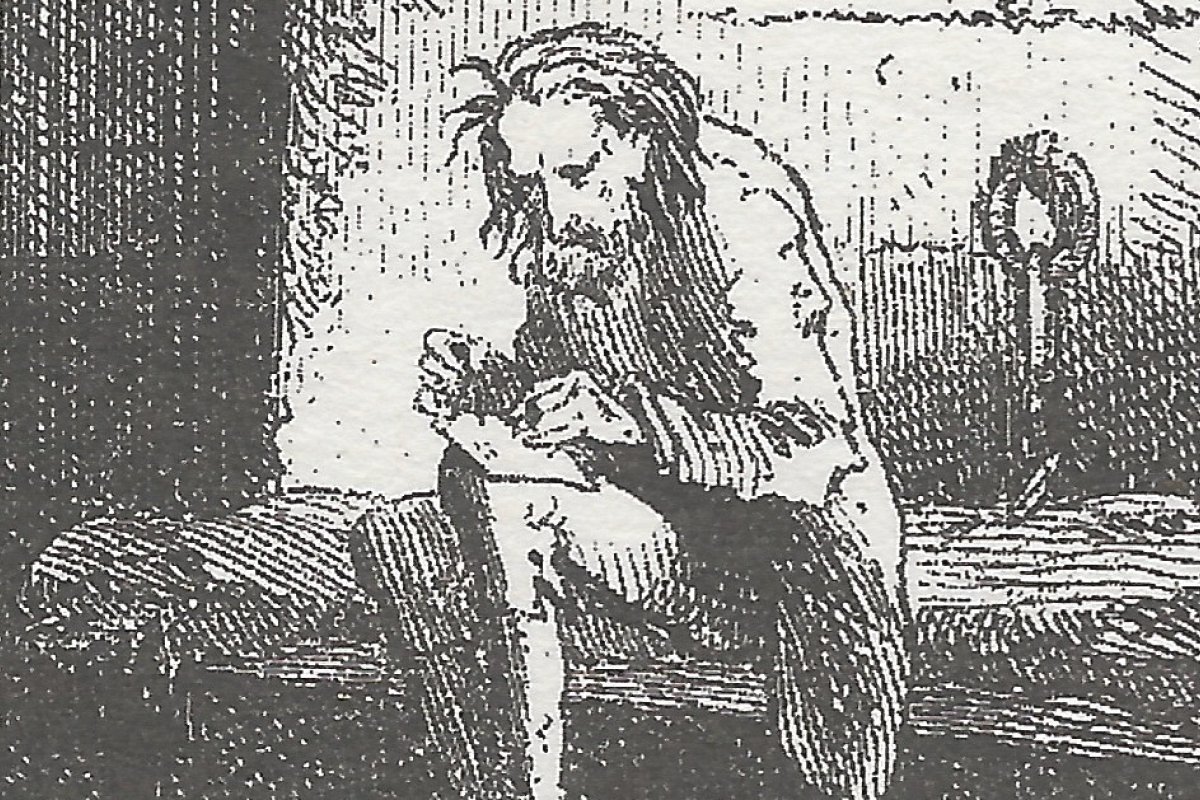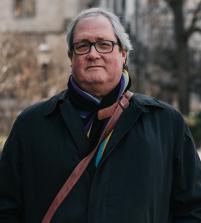
A Tale of Two Classrooms: Impressions of an Academic Year
Even in extraordinary times, Dickens reminds us to exercise caution around superlatives
It was the best of times, it was the worst of times. To a notable extent, most students brought their best selves to class sessions. They were determined to do their work and to be proactively civil in their interactions with one another. Yet (through no one’s fault) these virtues were “remote,” “virtual,” so that these best selves were frustratingly, if inevitably and unintentionally, deracinated, partial, incomplete.
It was a year of wisdom, it was a year of foolishness. Learning happened, and with that came a heightened sense of the joy in affirming continuity of time and place with purpose. Insight was celebrated, even cherished. Technology was the jester who at once enabled and interfered, facilitating conversation yet randomly interrupting. This was at times hilarious and at times enraging.
It was—decidedly—an epoch of incredulity. The “curated” simulacrum of the school year marched in perfect time with the recognition that none of this was quite real. The “classroom” was in fact a screen. Appearance at once was and was not reality. Research could and could not happen. Graduation was fitful, determined.
It was the season of light, it was the season of darkness. The “ivory tower”—if such an entity ever existed—was mostly a place where the prescriptions of social distancing, sheltering in place, masks, and vaccinations worked. Meanwhile, due to both viral disinformation campaigns and the unequal distribution of resources, millions died, vast numbers were hospitalized or quarantined, and others went without treatment or attention.
It was the spring of hope, it was the winter of despair. Epidemiological understanding of the disease emerged steadily, if more slowly and fitfully than we who were fearful wished. Medical care was unevenly distributed, yet again victimizing the world’s most vulnerable
We had everything before us, we had nothing before us. The effect of these discordances was to make the stakes of every interaction seem unusually high: all or nothing.
We were all going direct to heaven, we were all going direct the other way. The stakes seemed and were in fact stark, especially for students graduating and entering the job market. The emphasis here is on “direct”: the sense of immediacy, that what will happen because of this very strange year will be utterly determinative in not just the short but the long term.
In short, the period was so far like the present period, that some of its noisiest authorities insisted on its being received, for good or for evil, in the superlative degree of comparison only.
The counsel of the opening lines of A Tale of Two Cities is that, lived vigorously, all moments are epochal. To become the “noisy authority” is to render one moment incomparable to all others. On Dickens’ account, all moments index our common humanity—for better and for worse.
As we proceed into a summer in which we will return to some semblance, some simulacrum, of “normalcy,” this counsel may be particularly apt. All times tell a tale of best and worst, wisdom and foolishness, of appearance and reality, light and darkness, hope and despair, everything and nothing. Exceptionalism about a particular moment can freeze us in its particular version of that tale. Such exceptionalism can prompt a nostalgia that we can, in lieu of that moment, return to something previous that was better. Or alternatively, a quietism that moving into a different future could only be worse.
It would be a major mistake for any of us in the academy merely to return to our old classroom habits come the fall. The determination and proactive civility of intellectual work must be carried forward with greater urgency than ever. Our best selves should be manifest as fully as possible. The joy of learning as a communal act, to be celebrated and shared, must be even more essential. Appearance and reality—the potential for idealism to give way to arrogance, a disjuncture by no means singular to the academy, but from which it is not exempt— need to be made as fully commensurate as possible. Last but very much not least, we must live intensely because education always matters: the capacity to formulate, defend, and openly discuss ideas is a bedrock value, the marrow in the bones of modernity at its best. Before us, we must recognize, is either everything or nothing; and in the recognition of this is the determination of the way we will go.
On any terms, this has been an exceptional year. It would be a huge mistake to pretend otherwise. At the same time, all our years are in some sense exceptional, and we can only move forward with that balanced recognition well in hand. We must seek the right kind of exceptionalism: one that at once recognizes unflinchingly what has happened, yet spurs us to think forward to something better.
Image: Illustration by Hablot Browne of Dickens's Dr. Manette, remotely attending his religious ethics seminar by tablet from his cell in the Bastille. Via Wikimedia Commons.
Sightings is edited by Daniel Owings, a PhD Candidate in Theology at the Divinity School. Sign up here to receive Sightings via email. You can also follow us on Facebook and Twitter. The views and opinions expressed in this article are those of the author and do not necessarily reflect the position of the Marty Center or its editor.


